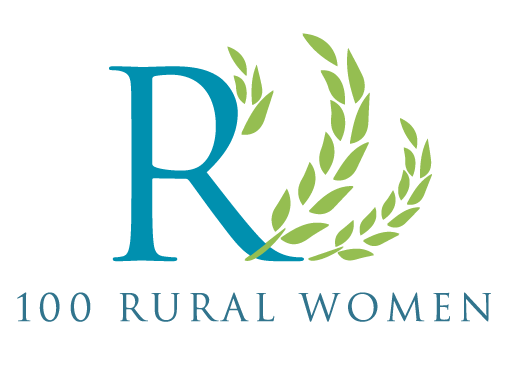.
Meet Heidi Holtan, the Radio News and Public Affairs Director for KAXE/KBXE. Heidi is committed to producing and providing the people of Minnesota local stories from the Strong Women series about rural women leaders – facilitating focus groups with rual women about issues like sexual harassment in the workplace – weekly conversations with Lt. Governor Peggy Flanagan during the coronavirus pandemic –misinformation during elections – racism in small town Minnesota – as well as regular information about the MN Legislature as it relates to rural places.
We are excited to feature her through our Spotlight Profiles.
Question: Tell us a little about yourself
Answer: I’m the news and Public Affairs director at KAXE/KBXE. We’re a National Public Radio affiliate in northern Minnesota. We’re independent. We were actually the first rural public radio station in the nation when we started in 1976. The Washington and the Corporation for Public Broadcasting didn’t think rural people would ever listen to public radio. In fact, said that you’d be broadcasting to a bunch of gophers. So, our founders worked hard to get us on the air and we’ve been around ever since… It’s a really cool thing to connect with the community of people. We cover a big geography from North Dakota to the edge of Duluth to south of Brainerd up to the Canadian border. It’s people that might be isolated or not connected within their own towns, but by listening to KEXE/KBXE they can find a community of people that may be like them.
I’m also really proud that we’re not the typical public radio listener. It’s a more working class kind of group of people who listen, certainly still the kind of typical college graduate degree kind of listener that likes news, but we also have a lot of people in our community who make the programming that we do when we’re not in a pandemic. We train them on how to do that and how to bring music. So we’re kind of a mix of things.
I’ve done all things at the station. I started as a Music Host. Then I created a weekly hour long book program called “Real Good Words’.’ Then I moved into being the program director overseeing all of the programming. When the news director position became available, I knew that that was more of my strong suit. So I was a little bit like demoting myself, but I wanted that position and to have a say and to be the next voice. The person before me, Scott, was on the air since the station began. It was important that whoever was going to take over was going to be a trusted voice. Especially in small towns, you want to feel like you know people. I just worked really hard to convince them that I would be the right person for that. I’ve been doing that job for about five years now.
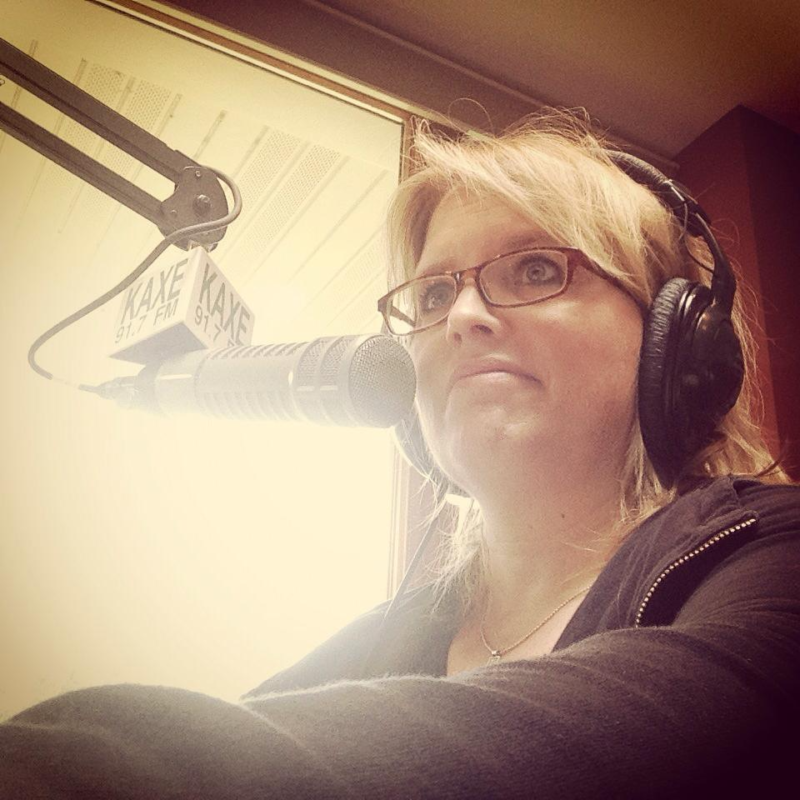
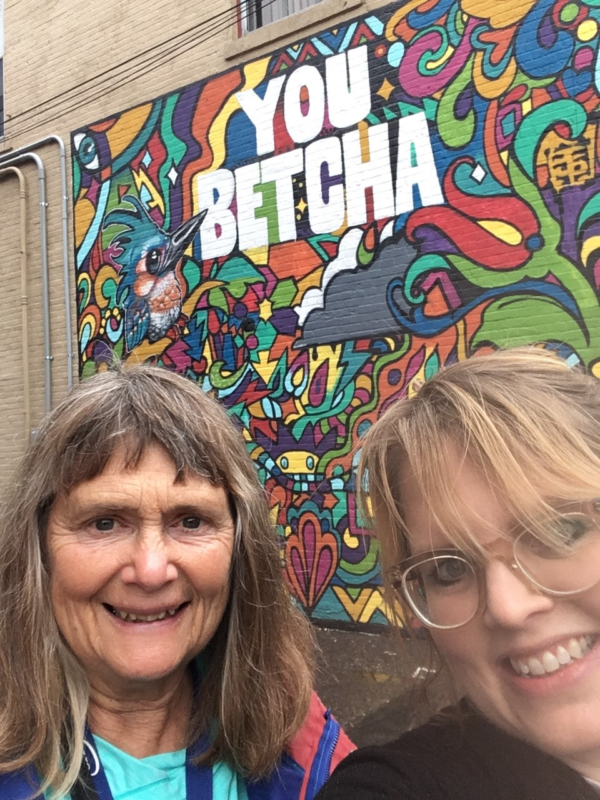
Question: Describe your connection to rural America
Answer: I grew up in the Brainerd area before Brainerd was giant. It’s not giant, but maybe compared to some small towns we think of. I grew up on a family resort and we had seven cabins and learned hard work. We had to clean cabins and make sure the resort was running and do all that. We ran that as a family for about five years.
Then my parents started a local business in our basement. It seems very quaint nowadays because they’ve sold the business and it’s no longer around. We made telephone directories, which is sort of a strange business to be in. People don’t need them like they used to. When I was like 14 I was making sure the names were spelled right, and the phone numbers were right and so I kinda had this eagle eye right away for proofing things and checking for the right information. I was very proud of my family. That grew into a business throughout the states of Minnesota and Nevada and employed a couple hundred people before it was sold about 2000. So, work has always been a big deal to me.
When I was in college at the University of Minnesota, my college job was at the legislature and I learned a lot about government. I worked in a library there and learned a lot about how the government works and how regular people can get involved in the legislature. That’s really proven to be great for my job right now, and especially during the 2020 elections and kind of understanding how this whole process works. So that wasn’t rural but I was certainly paying attention to all the rural places that I knew of and keeping connected while I was there for 10 years. There’s a connection to the land – to the seasons – that is so strong in my time in northern Minnesota. The community is surprising in its diversity, talents and creativity.
Question: Tells us about a moment you felt discouraged and how you overcame it.
Answer: In the changes of jobs I’ve had at KAXE/KBXE because sometimes… I mean job interviews are not the easiest thing anyway when you are trying to change into a different position at a small place you already work. When I was applying to be the program director at our station, I really wanted this. I knew someone else who was running for it. I had confidence that I was the right person for that role and I knew that I had to show in an interview setting that I was different than what they knew of me even having worked there for a long time. So, I really studied for that and made sure that I presented well and had ideas to show them and not just rely on the work that they’d heard me do before but had some ideas for the future.
That worked out well for me when I wanted to move into the News Director job. They didn’t necessarily believe that I should do that. And so I had to be really, really persistent in saying that. “Nope, this is why I’m the right person and this is what I want to do”. Sometimes like looking from the outside, if you didn’t know that story you might think, “Well, you just got the next promotion and that’s really easy”, but I’ve worked really hard to move into that. I’ve loved all the different jobs I’ve done there. If I had never applied for a promotion, I would still be liking what I do. I love that it’s a small media organization and I have control over the content and really can kind of sculpt the sound that we create for people who live in northern Minnesota
Question: How do you lead and create change in your community and how can your community better support rural women?
Answer:When our current president was elected to office. There were a number of us that were, you know… That was when that first women’s march was happening. I think the nation was shocked. Especially by how women were treated in that campaign and I don’t mean it in a political way, but it was shocking. We did not expect that at this point for kind of all we’ve been working for.
A group of female leaders I knew created a group and we’ve been meeting ever since. We were very deliberate about how we were meeting because we knew we wanted a social aspect. More than that, we wanted to connect with other women who are leaders. We met every six weeks or so. We’re all pretty busy. Every person in the group, I think there’s 16 of us, had an interview, like a fishbowl interview at one of the meetings. We had kind of put this form to what we were doing so that it wasn’t just a social gathering. The connections that have come of that have been amazing. One of the women in our group is a judge now. One sits on the city council. We still aren’t that sure what it is we do, we just continue to to meet when we can.
I had mentioned having this knowledge of how the legislature works just in the last six months. As an example, it’s been a really great thing for me to connect with some of my friends who have been in tight spots because of the economy and because of the pandemic and really push them to contact their legislators when they thought something was wrong. Just recently, a friend of mine who is a corrections officer in northern Minnesota was set to lose her job because the legislature hadn’t passed a bonding bill.
I walked her through all the stuff she should be doing. We did a few interviews and it was really exciting, not just that she didn’t lose her job, but she saw that’s what elected officials do. Their job is to listen to you. I just saw her being so much more empowered than she ever had been before. She never paid attention to politics, to the government. Even after everything, I had a little talk with her. I want to push her to run for office or do something like that.
It’s been nice when some of my work on air can kind of guide people with the knowledge I have and guide individuals in my life to kind of make some changes. Women are the backbone of the nation, but they REALLY do the heavy lifting when it comes to small towns. Creating opportunities for connection – and really moving women into seeing themselves as leaders who would be great to have at the State Legislature or in Congress would be my dream.
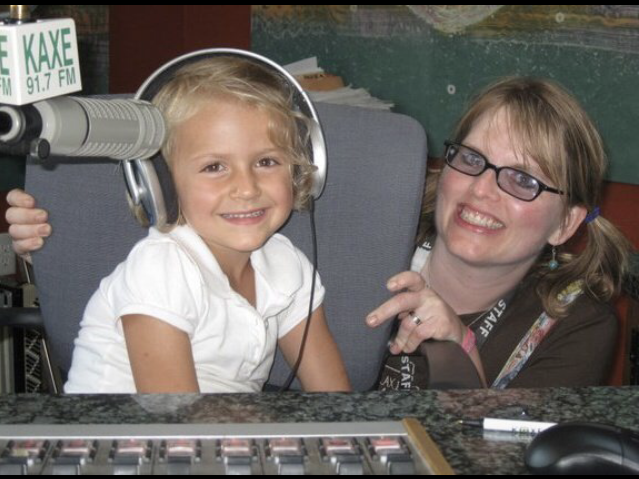
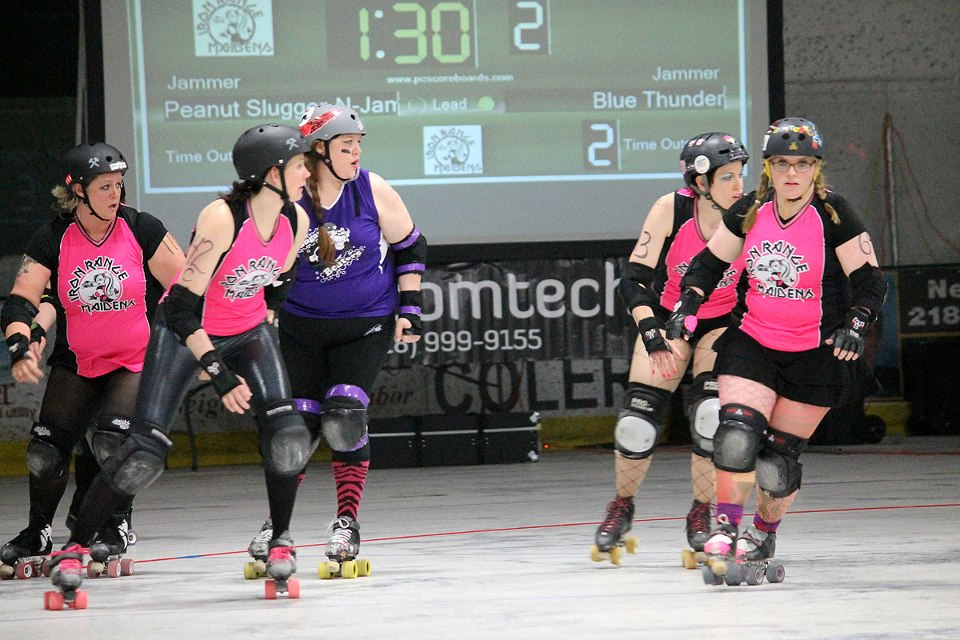
Question: If you could give one piece of advice to your former self, what would that be and why?
Answer: I think for me, and I’ve followed it to some extent in my life, but to do what scares you. I think there’s something in a feeling of fear that actually means you’re supposed to do it. It’s a surprise to me where I’m at and what I do right now. I grew up a very shy person. A reader! Never thought I would have a public life. I just kept stepping into things, and I was afraid. I’m not saying I was really strong and brave. I just thought, “If I’m afraid of this, maybe I should make myself do this”.
Looking back now, I think there were areas where I could have been doing that more but I’m proud of… even majoring in Women’s Studies at the University of Minnesota was terrifying for me, I went from giant classrooms where you didn’t have to talk, I was not great at talking in front of people, to taking my first women’s studies class where you get in a circle and being so afraid of, like, I had no choice. I had to talk. I wasn’t always great at it, but having that background and getting over some of those fears really kind of moved me into the work that I’m doing today. Also, see your worth more. Do the things you love and dig in even deeper and try new stuff as much as you can. You never know what will come of it. Do what scares you!
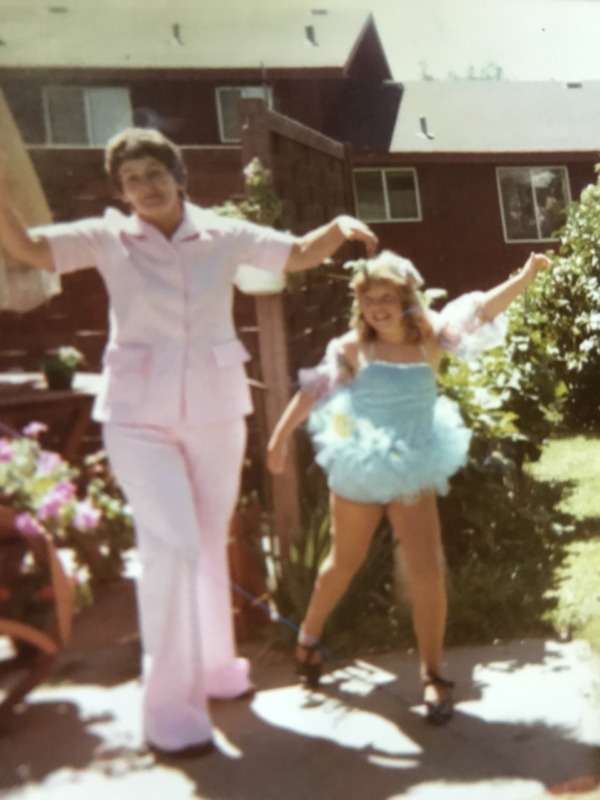
Question: Who or what has been your biggest inspiration?
Answer: My grandma. She’s been gone for about 10 years now. I live in Grand Rapids, Minnesota, and she was the daughter of finished immigrants that lived, not far from here. I didn’t ever really expect to live in this part of Minnesota. Even land wise, I feel a special kind of affinity to where she grew up. She had just this independent streak in her. She was extremely funny and worked really hard. Her husband had a good job, but she always worked side jobs.
She would give me advice. When I was little, she’d say,“You know, work your side jobs and put that money away because you never know. And you want to be able to do what you want to do”. She said, “I don’t want to have to ask your grandpa if I can buy a chair for the living room. I don’t want to be in that position”. So she would kind of make it as a joke.
In the last 20 years I realized what a big deal that is for someone to tell you that. She and my mother had a joke. They had great marriages and stayed married their whole lives. In the newspaper, there would be an ad in the back that was like “$50 for a quickie divorce in Mexico” and they would send each other these little things and just say, “in case we get sick of the guys you know then we have our Mad Money” is how they always approached it. Getting married when I was 35, so later than some people do, I took that advice. I was used to running my own money and all my stuff. I still do that. There is something in that, that gives me strength in still running my own life, but having a positive relationship.
When I introduced [my grandma] to my husband to-be she kind of eyed him up and she just said, “Well, do you have a game?” and I’m like, “What?”. She’s like, “We got to teach him Canasta!”. Every couple needs a game and it was like, okay, you know, so she taught him this card game that she and I had always played together. We still play that. So, as you know she had kind of good advice that you don’t realize at the time that actually is really, really wise. I feel like she’s around all the time still. She’s been gone for at least 10 years now and would be over 100, but I think of her daily. Her wit, smarts and positivity keep me going.
Check out what Heidi is reading…
Just read and did an interview with rural journalist Sarah Smarsh about her new book about Dolly Parton. I don’t know if it is because I needed a break from election interviews, but I’m so proud of the conversation. It may be my best work.
Also, pandemic reading has surprised me but I’m almost through the entire Maisie Dobbs mystery series by Jacquelyn Winspear set in England through WWI and WWII. Not my usual contemporary reading.

